2023 General Assembly in Leipzig
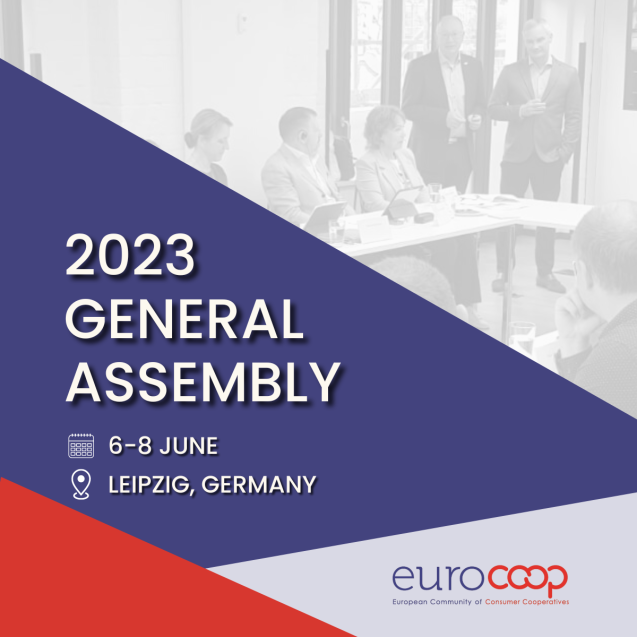
Representatives of 13 Euro Coop members convened in Leipzig for the 2023 General Assembly, hosted by ZdK, Germany – the home organization of Euro Coop President Mathias Fiedler. Statutory business included the adoption of the 2022 financial and activity reports, the deliberation of ongoing EU policies and identifying areas for closer co-operation. Members had the opportunity to visit a housing, consumer and a community led agricultural co-operative.
The annual meeting was held in the headquarters of Konsum, where the delegates were welcomed by Michael Faupel - Board member, who presented the 140-year history of the consumer co-operative union. 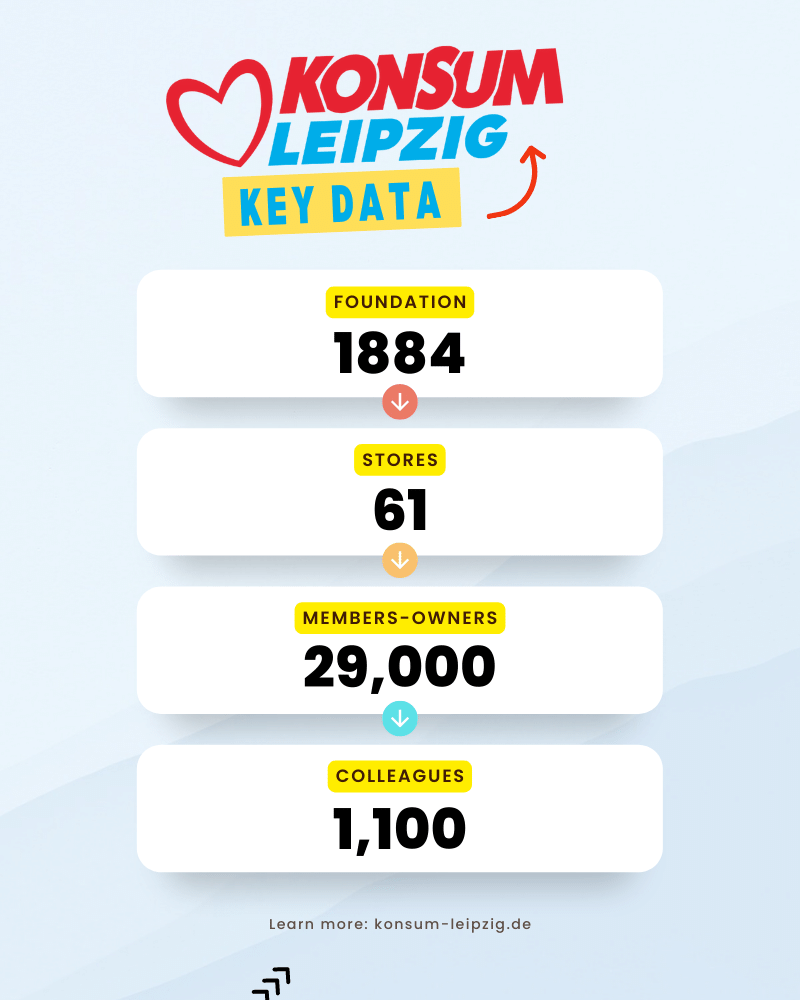 In present day, the organization operates a network of 61 stores in the Eastern part of the country, owned by 29,000 consumer-members. Key strategic aims include consumer proximity, fair price, local presence, solidarity and community engagement.
In present day, the organization operates a network of 61 stores in the Eastern part of the country, owned by 29,000 consumer-members. Key strategic aims include consumer proximity, fair price, local presence, solidarity and community engagement.
As host, organizer and Euro Coop President, Mathias Fielder presented the history, development and key activities of ZdK (Zentralverband deutscher Konsumgenossenschaften e.V.) – the Central Association of German Consumer Cooperatives. Founded in 1903, ZdK focused on the audit of Germany’s co-operative movement. 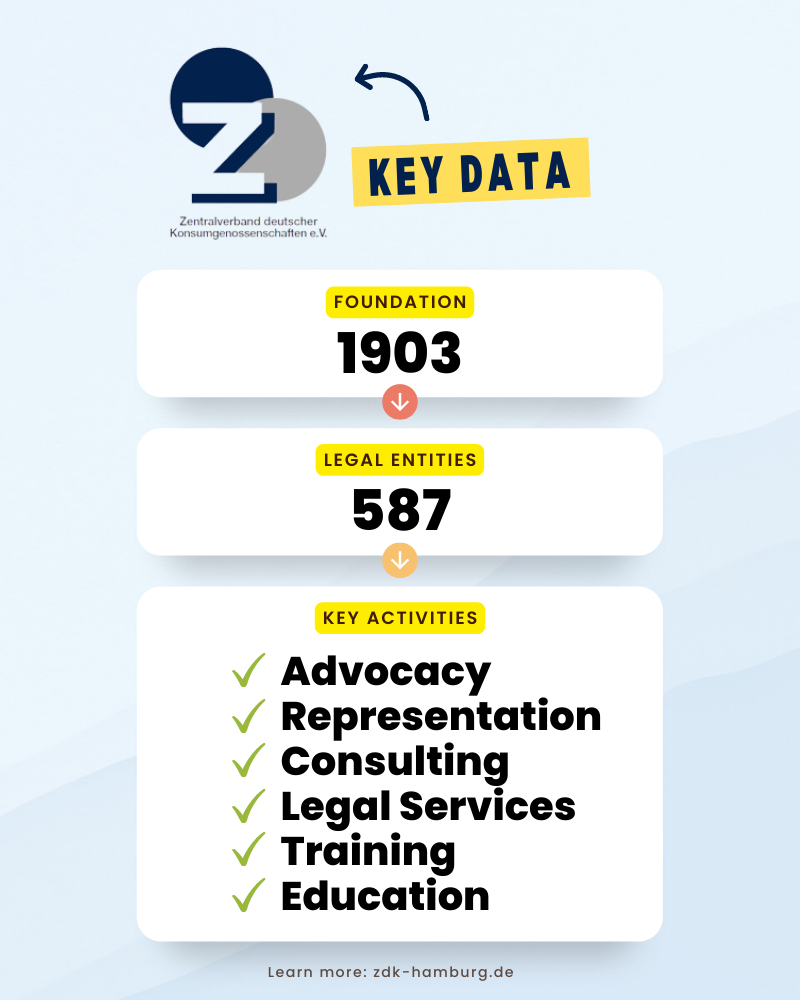 In 2003, this activity was outsourced and ZdK has since assumed two strategic objectives: 1. political representation through advocacy and public relations, and 2. supporting the development of the movement through education and consulting. An essential activity is the care provided for the establishment of new co-operatives. This support of the grass-roots movement is done pro bono. Currently, ZdK has 584 members, of which 570 are co-operatives.
In 2003, this activity was outsourced and ZdK has since assumed two strategic objectives: 1. political representation through advocacy and public relations, and 2. supporting the development of the movement through education and consulting. An essential activity is the care provided for the establishment of new co-operatives. This support of the grass-roots movement is done pro bono. Currently, ZdK has 584 members, of which 570 are co-operatives.
Members approved the President and Secretary-General reports and adopted the financial and activity reports of 2022. The Assembly was the moment to ratify the change of Board members of the following national organisations:
 KSK / Coop Iceland, represented by Sigurbjörn Gunnarsson, Chairman
KSK / Coop Iceland, represented by Sigurbjörn Gunnarsson, Chairman
 Coop Estonia, represented by Rainer Rohtla, CEO
Coop Estonia, represented by Rainer Rohtla, CEO
 Coop Norway, represented by Ingvill Størksen, Director of Advocacy and Government Policy
Coop Norway, represented by Ingvill Størksen, Director of Advocacy and Government Policy
 Central Cooperative Union-Bulgaria, represented by Desislava Kardzhova, Director of Co-operative Tourism
Central Cooperative Union-Bulgaria, represented by Desislava Kardzhova, Director of Co-operative Tourism
The new Board members reaffirmed their readiness to contribute to the consolidation of the Euro Coop network through tangible initiatives and joint initiatives.
The Assembly reviewed the latest developments of crucial EU policy initiatives such as the framework law for sustainable food systems, plastics and plastic waste, front of pack labelling, animal welfare, food waste, new genomic techniques (NGTs), and energy performance of buildings.
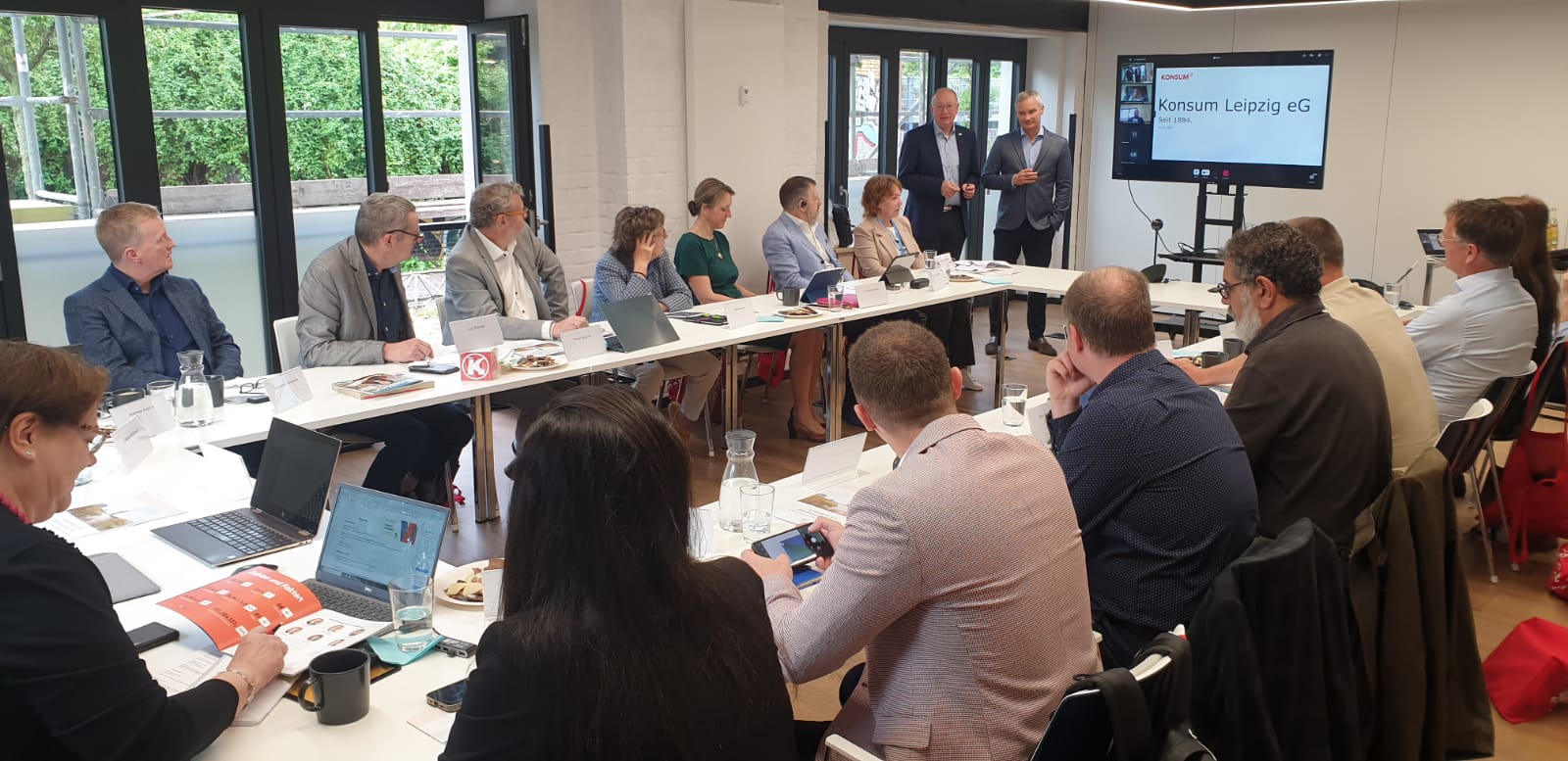
Lastly, members discussed the need to formulate policy recommendations to national and local authorities in support of economic operators in rural areas, who are on the brink of closing down due to insurmountable obstacles such as spiking energy prices and inflation. For the purpose, Euro Coop would facilitate the exchange of information of existing practices across Europe.
The official program included field visits to three co-operatives to learn about their inspiring work. Firstly, the delegates visited a solidarity housing association - SoWo Leipzig eG, which unites into a co-operative 8 residential buildings with a combined surface of more than 6,700 m². In other words, the individual residents are empowered to jointly self-govern their respective houses under the “umbrella” of the co-operative. The common roof reduces the administrative effort, stabilizes the financing and intensifies the exchange between households. The co-operatives mission includes: maintaining affordable rental housing, permanently withdrawing living space from the market and avoiding speculation, promoting self-governing housing and campaigning against displacement and developing alternative housing policy.
The second visit included a convenience store of Konsum Leipzig eG. Renovated in 2019, it operates 500 m² in an urban landmark building of more than 100 years. The format is organized to attract the younger shoppers with the fruits & vegetables, drinks and bakery sections close to the entrance. In 2019, this store was distinguished with a 3rd place prize in a modern store format competition.
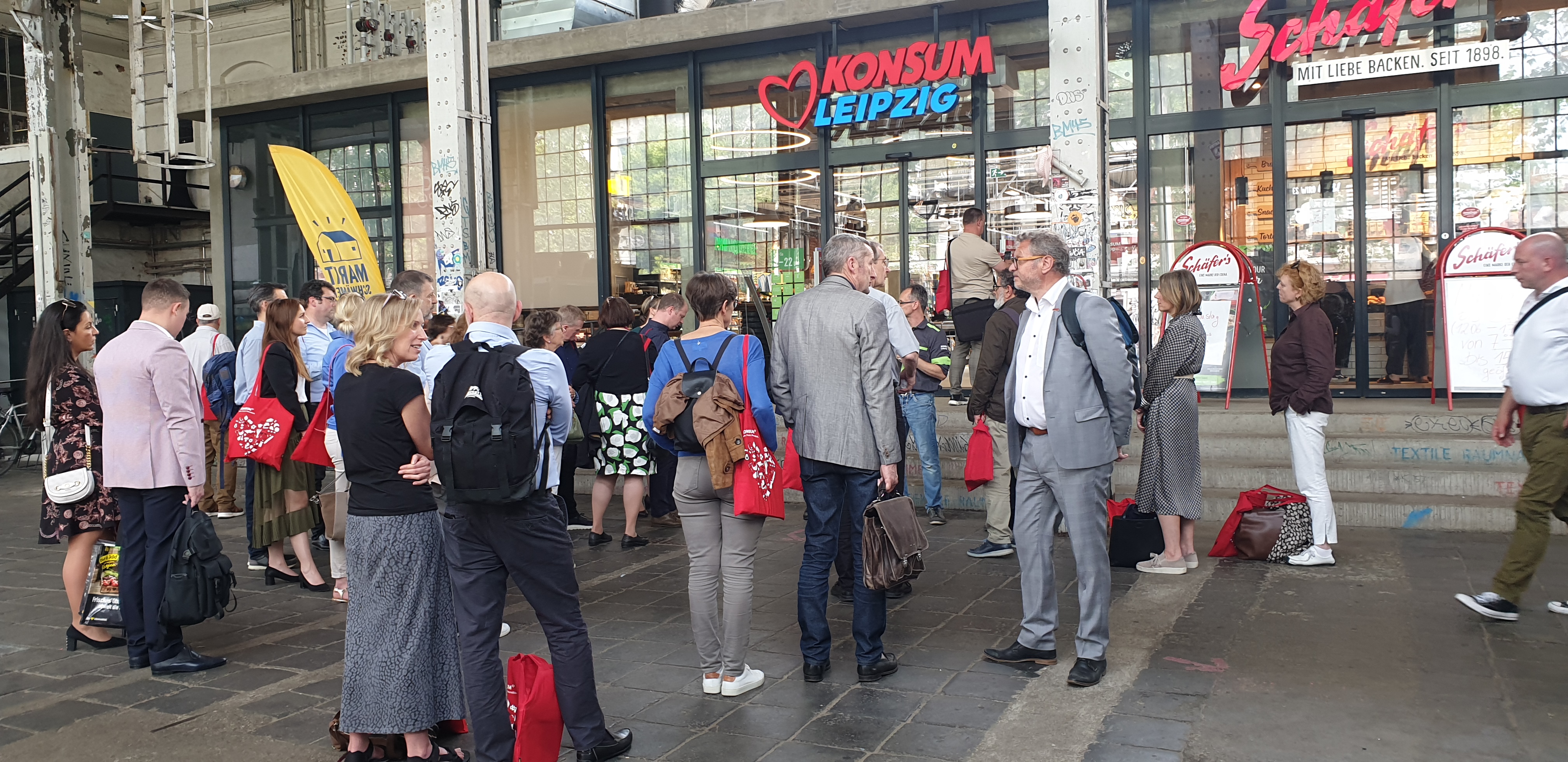
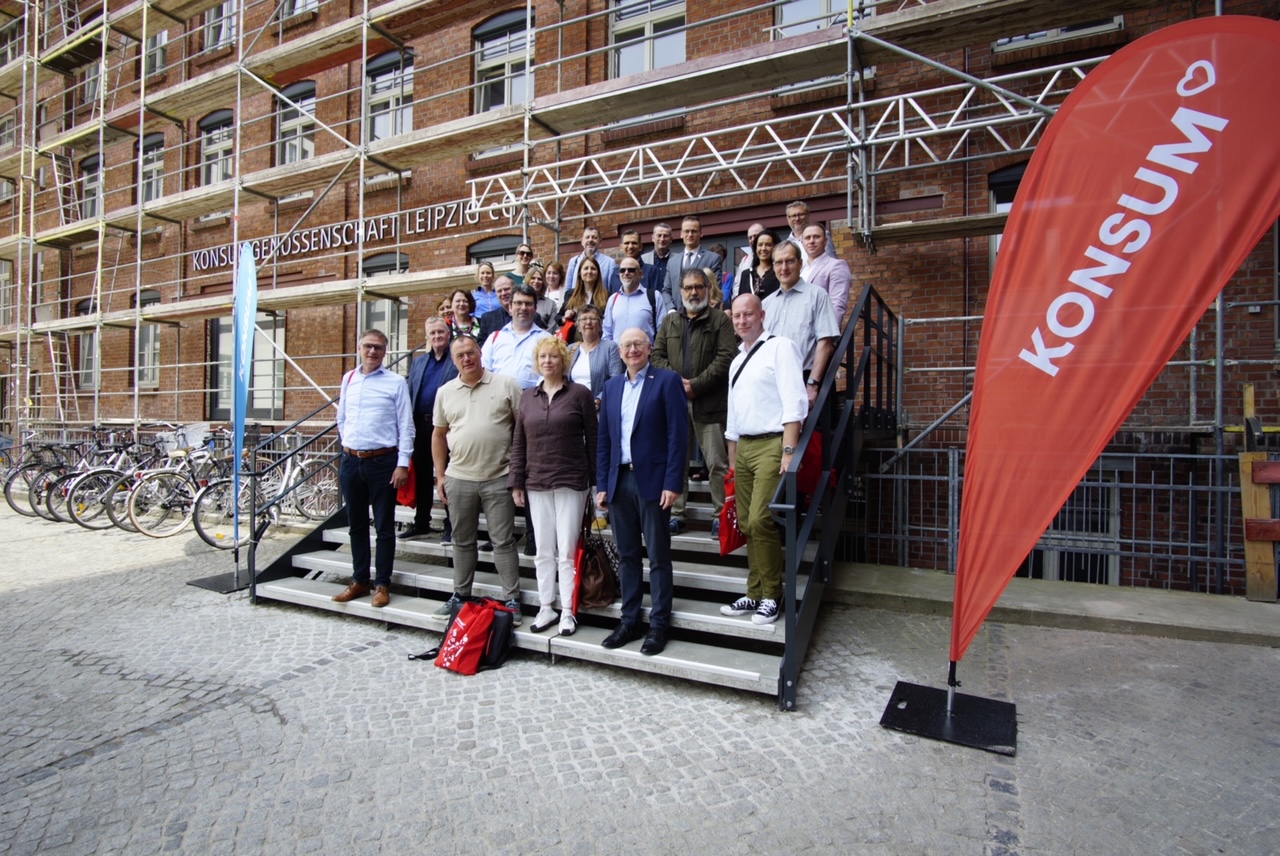
And thirdly, Euro Coop delegates had the opportunity to visit a community-supported agricultural initiative – KoLa Leipzig. Organized as a co-operative, this farm utilizes 35 hectares in the outskirts of Leipzig where young professional gardeners cultivate fresh, regionally and fairly produced organic vegetables for up to 2,000 households. It is truly inspiring that the project was created by 6 people in 2017, and thanks to a combination of membership fees, voluntary contributions and a sustainability bank loan, the start-up capital was raised to kick things into motion.
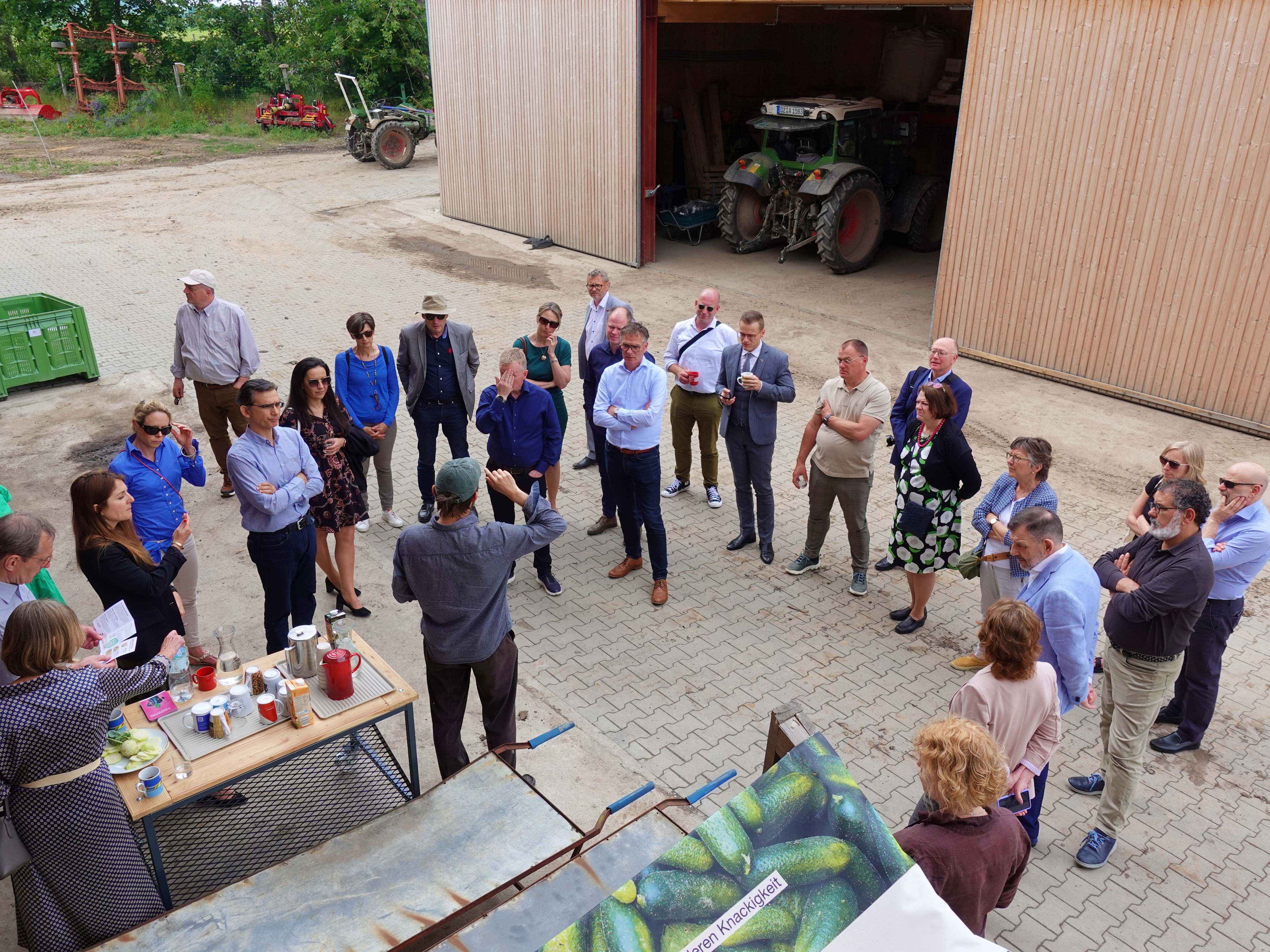
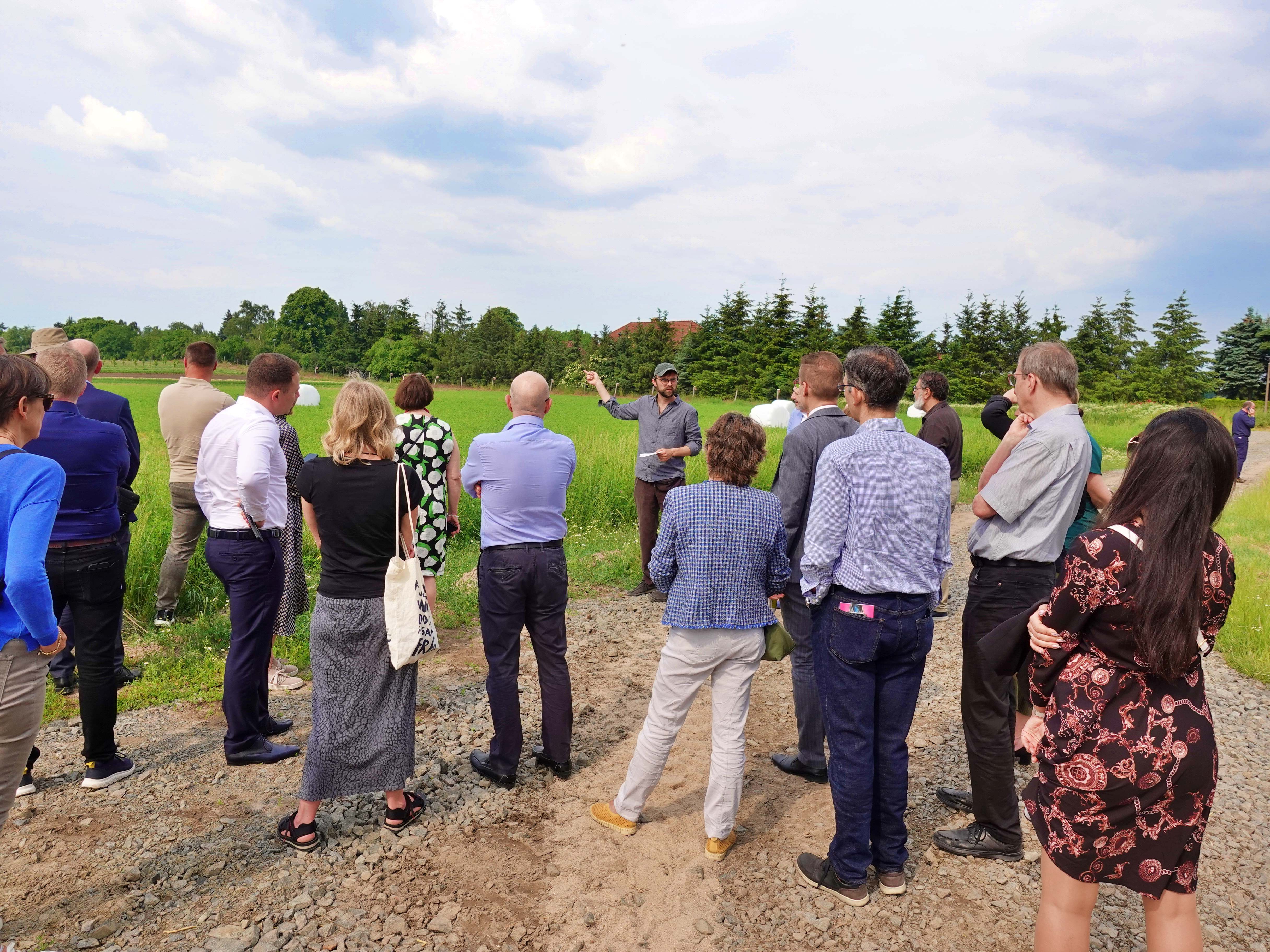
Members of KoLa Leipzig can order their product baskets, which the co-operative prepares and delivers. These can be collected at various distribution stations in Leipzig and the surrounding area.
The members’ financial contributions form the equity of the co-operative, with which investments can be made. In addition, it is possible for members to provide loans to the co-op with an interest of 2%. These loans are an essential source of capital and help to finance the investments. The financial model is sound. Members’ deposits and loans also serve as collateral for additional necessary bank loans. The prices of the harvest share cover the ongoing operating costs such as seeds, young plants, wages of the employees.
Latest News
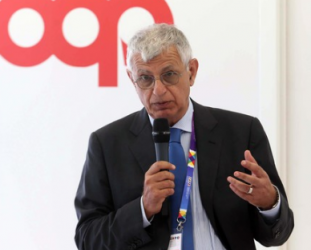
Euro Coop General Assembly elects new Presidency
Euro Coop General Assembly Elects New Presidency On Friday, 17 June 2016, in...
Latest Stories
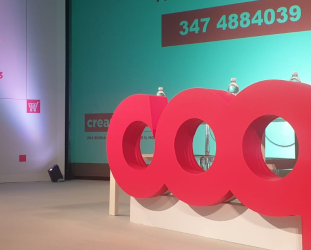
Euro Coop Takes Part in ANCC-Coop Italy GA
ANCC-Coop Italy held its annual general assembly on 13-14 July, in Rome. The international...
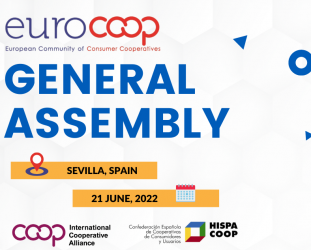
General Assembly 2022
The 2022 General Assembly took place on June, 21st in Seville. On this occasion, Mathias...

